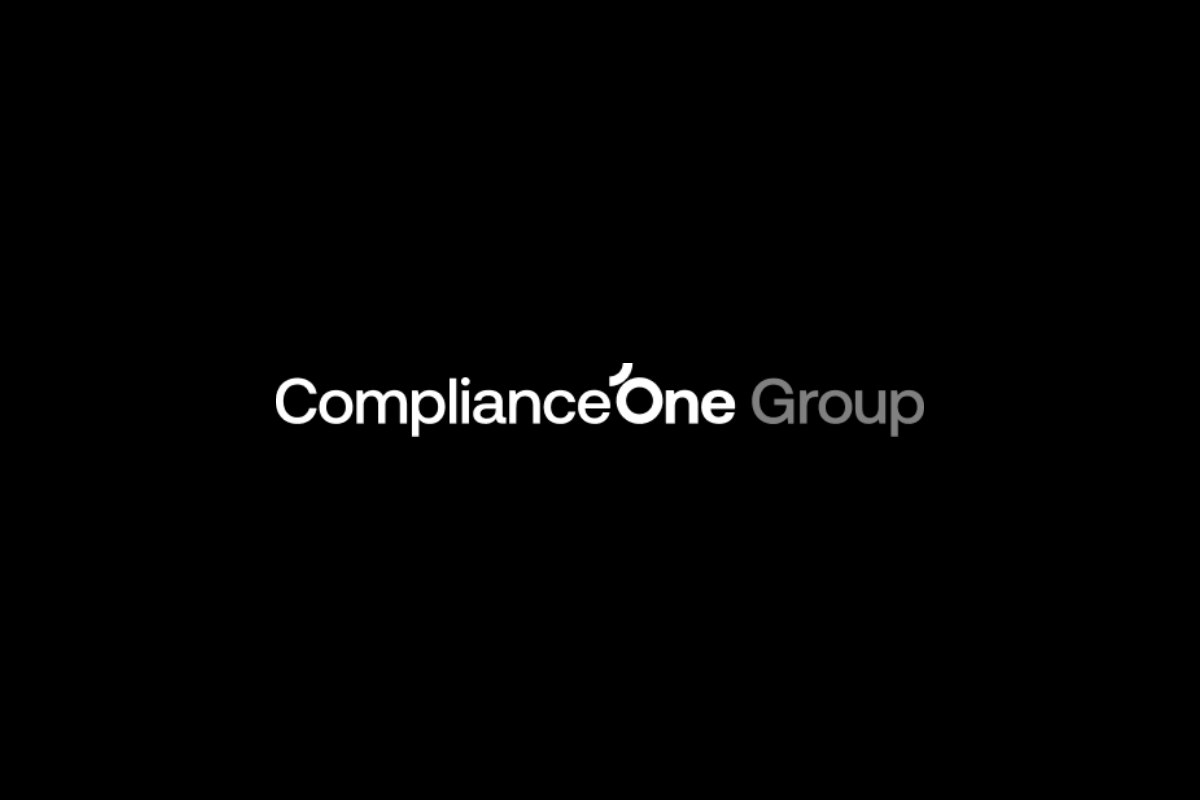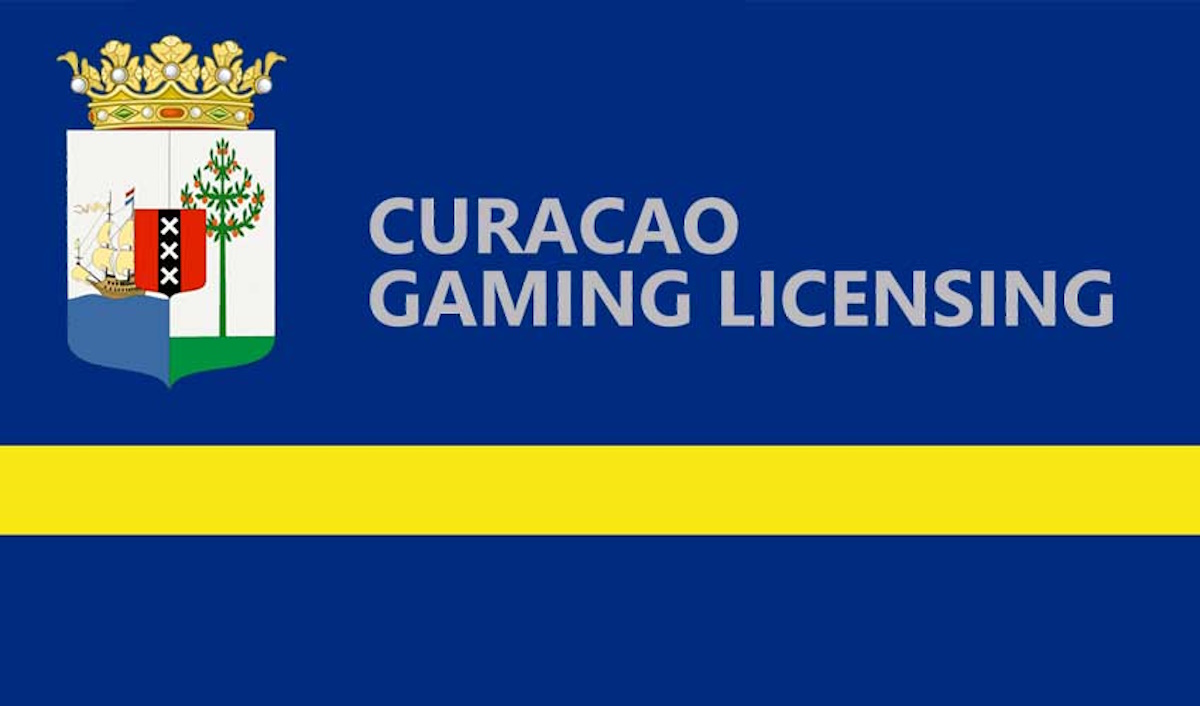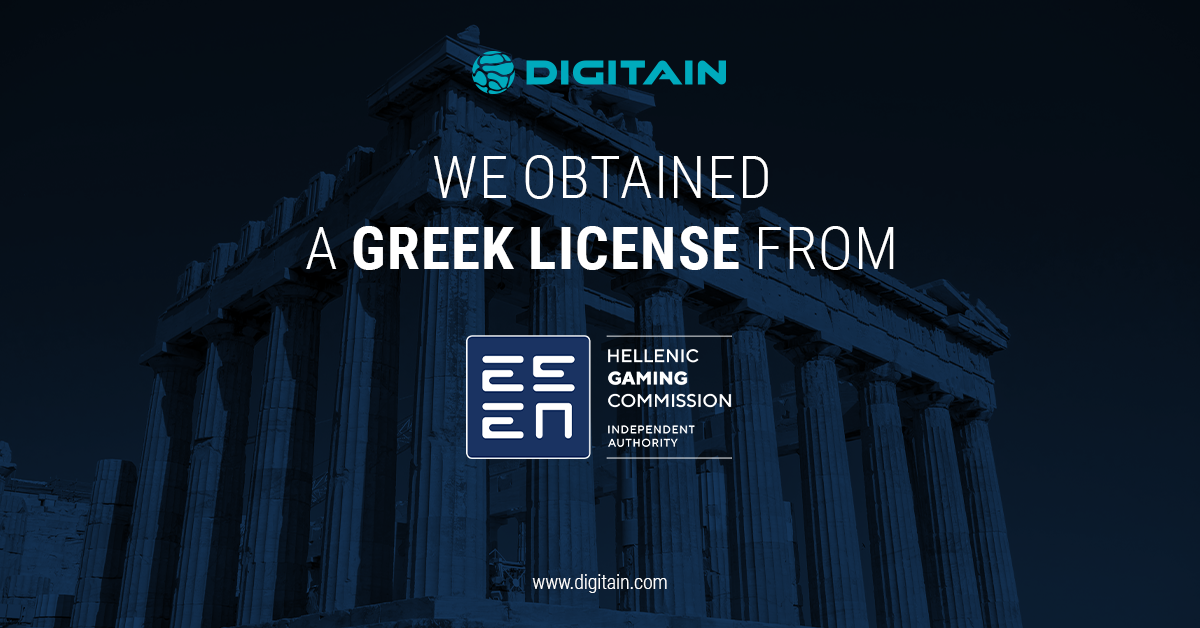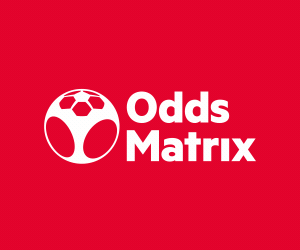Compliance Updates
Maths Compliance, the key to a successful certification

by Lorenzo Nardini – Head of Technical Compliance and Maths at ComplianceOne
If you have ever undergone the certification process to enter any regulated market, you have probably encountered issues relative to Random Number Generators and the maths models of games of chance. The two parts of the certification process have most likely endangered the planned time to market.
In this short article, I would like to help you understand good practice and reduce these risks, by sharing some tips and best practices to follow that I have learned in my 6 years’ experience as math analyst.
The start
In principle, maths requirements are only a small part of the full list of criteria that apply to a gaming technology platform, and they do not vary wildly between land based or iGaming solutions. Nevertheless, they can be quite difficult to check.
The first step in this process is typically the Random Number Generator approval. This is because, in the same way car suppliers want to first ensure that there is a functioning engine that enables the vehicle to move, game suppliers need to be able to generate unpredictable game outcomes that are fair to the players.
At first glance, the RNG can look like a scary topic preferably discussed only with a very limited audience. However, it is not necessarily the case, if you have a good understanding of the main technical standards governing this component and a team of professionals to support you.
In general, regulators want to ensure that the RNG can output unpredictable numbers without introducing any form of bias. For some markets the unpredictability requirement can be very strict, allowing only secure RNGs (known as cryptographically strong). This is where many issues can rise since RNG technology continuously evolves over time and methods that are currently deemed as secure may not necessarily be in the future. In fact, cryptographic security is a vastly researched topic in information technology and its evolution has large repercussions in many areas other than Gambling: from Finance to Healthcare, from E-commerce to Military. Fortunately, you don’t need to be a crypto guru to have a well-functioning cryptographic RNG and stay ahead of time! Most operating systems have embedded cryptographically secure sources of entropy, different cryptographic RNG solutions are easily accessible, and if you want a source of true random numbers you can opt for hardware-based solutions that use the laws of physics to generate truly unpredictable events. On the other hand, something that is not advisable is to try to develop your own RNG algorithm as this can be a very cumbersome task and independently asserting its security might take a very long time.
The tips for successful management of RNG certification
What you should focus on if you want to reduce your time to market while ensuring compliance for your RNG can be summarised in the following tips.
- You should probably opt from the very start for a cryptographically secure RNG, even if you are currently aiming for a market that does not require the RNG to meet this level of security. This is because, as technology is advancing, so are the requirements, and more and more countries are moving in this direction. Furthermore, once you have finally obtained a license for your target market, you might probably want to expand operations to other jurisdictions that might require a secure RNG. Already satisfying this requirement will certainly save you some valuable time! If you are unsure on what type of algorithms to consider, try to address some experts that can guide you in the right direction.
- Interestingly, the most common mistakes I have noticed concern a much easier component of the RNG solution: the process of performing final outcome mapping without introducing a bias. RNGs typically produce numbers in specific binary format (32bit and 64bit are the most common cases). It is then up to you to add some functions in your code to enable to generate outcomes in a specific format. This typically includes a target range (for instance 0-36 if you want to use your RNG to give outcomes for a single-zero roulette) and the possibility to perform shuffling to output unique outcomes within a single play (as in the case of card games). These methods are prone to introducing bias and experts can assist you to avoiding these commons mistakes.
- Try to set up your system architecture so that the RNG is encapsulated. This is because, once your RNG is approved and since it is such an important component of Gaming Platforms, you only want to modify it when necessary, and avoid that any change to other files nonrelated to it can trigger the recertification of this component. Ideally, once you have a secure RNG algorithm, unbiased scaling, and mapping methods and, where necessary, a dynamic monitoring feature, you should update your RNG only if disruptive technological advancements require so. A review of your RNG architecture can be performed by experts to help you maintain a compliant RNG solution.
- Ensure that your RNG is tested for general use. Many regulated markets require that the RNG passes statistical testing for all the possible configurations for which it is requested to generate random outcomes by the associated gaming applications. Having your RNG tested upfront for a vast variety of cases will save you from having to apply for updated RNG certifications whenever you want to release a new game.
Now that you have your RNG approved, it is time to start the certification process of the associated games.
The maths in Games
A good game’s maths is the differentiation between a good game and a bad game. The maths is where your company new ideas can be implemented to making more and more appealing features to attract players.
All games are unique and require passing independent testing to ensure their compliance. The standard requirements related to maths mostly concern the following aspects: minimum Return to Player (RTP) allowed, odds of specific outcomes such as the top prize, and limitations enforced by the regulator such as on the maximum possible win in a single play or maximum average loss per hour that players can expect while playing the game.
To pass these requirements you need a sound mathematical model of your game and, most importantly, very detailed and accurate documentation to ensure its reproducibility and independent verification. In my experience, insufficient/unclear information is the number one responsible for a slow math evaluation. Whether it is for inexperience or for trying to protect their intellectual property, it often happens that young suppliers do not submit accurate and complete math documentation (PAR Sheets). This irremediably results in a tedious testing process full of long email threads and JIRA tickets to address. A thorough revision of these documents before the certification commences is then recommended and it is something that my team is happy to perform.
At the same time, efficiencies can be found by allowing simultaneous testing against different markets: after all the underlying game math model is the same! In order to do that, your main thing to worry is to have performed a complete compliance research for all applicable requirements.
Conclusion
The usual piece of advice is preparation; the successful certification with a quick time to market requires expertise in this area, sound maths documentation to submit to the lab and remembering that complexity isn’t always good.
Compliance Updates
Acquiring a Curacao Online Gaming License in 2024: Comprehensive Analysis of Financial & Procedural Aspects with Costs & Timelines Detailed

The “Acquiring a Curacao Online Gaming License, 2024: Comprehensive Analysis of Financial & Procedural Aspects with Costs & Timelines Detailed” report has been added to ResearchAndMarkets.com’s offering.
This report includes valuable insights into the financial and procedural aspects, including detailed information on costs and timelines associated with acquiring a Curacao license.
In 2023, Curacao introduced the “Landsverordening op de kansspelen” (Ordinance on Games of Chance) to modernize and regulate gambling legislation. Since March 2020, the Gambling Control Board (GCB) has been authorized to regulate offshore gambling games and oversee the issuance of Curacao licenses. As of 2023, there are 16 companies providing legal services for registration and licensing in the territory of Curacao. The license fee, as per GCB regulations, is 36,000 ANG or 19,800 USD, payable upon license issuance.
Research Timeline and Data Relevance
The research was conducted in two stages. The first stage, studying the regulator and Open Data Search, took place in December 2023. The second stage, writing the report and partially updating the data from the first stage, took place from the end of April to the end of May 2024.
Goals and Objectives
- Describe the information about the Curacao license and the issuing regulator.
- Describe the requirements and conditions for obtaining a Curacao license.
- Describe the costs and timelines for obtaining a Curacao license.
- Briefly study the market, find and suggest the following lists:
- Legal companies offering services for company registration and obtaining a Curacao license;
- Communication agents and integrators working with the Curacao license;
- Suppliers and vendors working with the Curacao license;
- Payment systems working with the Curacao license.
Key Topics Covered:
1. Goals and Objectives
2. Research Timeline and Data Relevance
- Document Markup
- Raw and Combined Data
- Terms & Glossary
3. General Information
- The Regulator
- Registration of Operators With Sublicense
- Application for an Online Gaming License
4. Requirements and Conditions for Obtaining a License
License Conditions
- General Prohibitions
- Safe and Secure Environment
- Equipment and Application Software
- Player Registration
- Payment Transactions
- Games
- Terms of Use
- Resolution of Complaints
- Administrative Responsibilities
- Publicly Available Information
- Reports
- Policies and Procedures
- Suspension and Revocation of License
- Additional Conditions
- Supervision
Recommendations or Minimum Requirements for the Business Plan
5. The Cost of the License
6. Decision Term and the Validity of the License
7. Application Method and Forms
8. Contact Information
9. Companies for Registration and Licensing
10. Integration Companies
11. Suppliers and Vendors
12. Payment Systems
13. META
14. Appendix: Terms & Glossary
For more information about this report visit researchandmarkets.com/r/izeo6g
Compliance Updates
Digitain Obtained Greek License

Digitain obtained the A1 Manufacturer’s License from the Hellenic Gaming Commission.
Digitain, a global leader in Sportsbook and iGaming solutions, has expanded its presence in European regulated market by obtaining a B2B license from the Hellenic Gaming Commission.
Iain Hutchison, Chief Revenue Officer of Digitain, said: “We are delighted that we have attained our B2B license from the Hellenic Gaming Commission. Digitain continues to expand across multiple regulated jurisdictions, and the Greek license is a further example of our vision and that of our teams’ commitment to regulatory compliance and the exemplary standards of our platform technology and focus as a company. We look forward to having our award-winning sportsbook and Centrivo platform and much more available within the Greek market as one of continental Europe’s largest and growing regulated markets.”
Compliance Updates
Hard Rock Casino NL turns to BetComply for Netherlands launch

BetComply, iGaming’s most trusted technical and regulatory compliance firm, has partnered with iCasino, securing a Dutch licence for their recently-launched Hard Rock Casino brand.
HardRockCasino.nl operated by iCasino b.v. under a brand licence agreement announced its Netherlands launch at the start of July, having worked closely with BetComply to secure a licence from the Dutch regulator de Kansspelautoriteit (KSA) in May.
The brand will continue to work with BetComply to ensure on-going compliance within the Netherlands framework.
iCasino CEO Paul Strikers said: “It’s hugely exciting to bring such a globally renowned brand to the Dutch market for the first time. We understood early on in the process that operator compliance needed to be one of our highest priorities, and that’s why we enlisted the help of BetComply and its unparalleled expertise in the Netherlands. We thank Mike and the team for their tireless and rigorous support on our successful licence application, and look forward to building upon this partnership in the future; the first step being the application for a sports betting licence.”
BetComply Chief Compliance Officer Mike de Graaff added: “The Netherlands market has attracted some huge international brands over recent months, underlining the opportunities on offer for those who build a deep understanding of their regulatory obligations. We’ve already helped more than a third of all licence holders in the country, and with the KSA taking a proactive approach across all elements of regulation, we’ll continue to support our partners, including iCasino, as market conditions evolve.”
With recent high-profile reports of serious misconduct within the iGaming compliance space, it has never been more important to pick a trusted and reliable partner, both in the Netherlands and elsewhere.
-

 Eastern Europe5 days ago
Eastern Europe5 days ago7777 gaming is now available on WINBET Romania
-

 Gambling in the USA5 days ago
Gambling in the USA5 days agoGaming Americas Weekly Roundup – July 15-21
-

 Gaming5 days ago
Gaming5 days agoMainStreaming Announces Appointment of Nicola Micali as Chief Customer Officer
-

 Industry News5 days ago
Industry News5 days agoSafer Gambling Tools Use Hits Record High in 2023 – New Report from EGBA
-

 Australia5 days ago
Australia5 days agoAustralian eSports Star Joins Team Liquid
-

 eSports5 days ago
eSports5 days agoINSPIRED LAUNCHES RE-PLAY ESPORTS™ FEATURING CS:GO IN PARTNERSHIP WITH KAIZEN GAMING
-

 eSports5 days ago
eSports5 days agoNODWIN(R) Gaming ropes in Android as title partner for BGMS Season 3; to be powered by Garnier Men
-

 Latest News5 days ago
Latest News5 days agoSpinomenal shines again with Super Wild Fruits release





















































